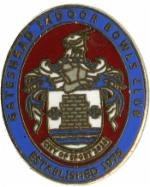Clubs
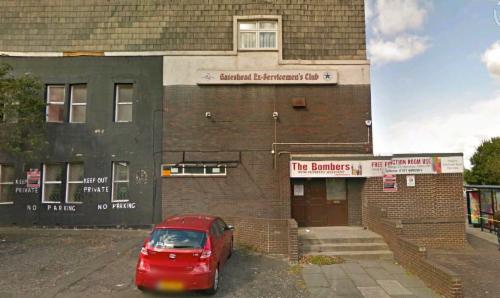
The Bombers Club
Working men's clubs are private clubs created in the mid 19th century in industrial areas of the United Kingdom, including Gateshead, to provide recreation and education for working class men. It was the brainchild of Henry Solly.
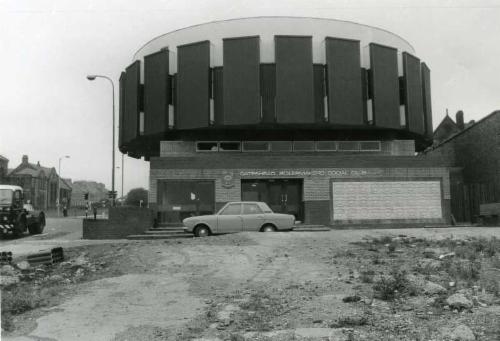
They had educational ambitions, like the Mechanics Institutes, but in reality most working men's clubs were and are
recreational. Typically, a club would have a bar, for the sale and
consumption of alcohol, playing on slot machines, snooker, billiards and darts, as well as televisions for sport entertainment. A much larger room would be connected, often called the concert or
entertainment room with a stage and a layout of tables, stools and
backrest sofas.
-----------------------------------------------
Advertisement

--------------------------------------------------------------------------
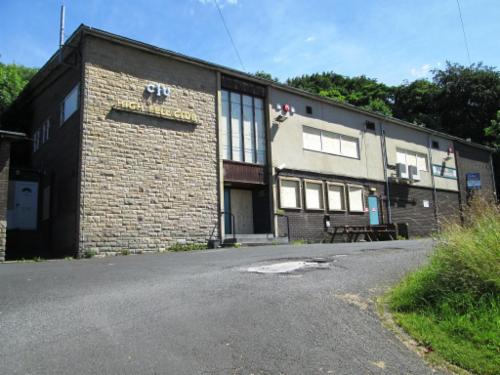
This club started out in The Hermitage
They invariably provide night time entertainment, mainly on the weekends such as bingo, raffles and live music, and comedy. They are also known for their charitable works.
In recent years, declining membership has seen many clubs close down and others struggle to remain open.
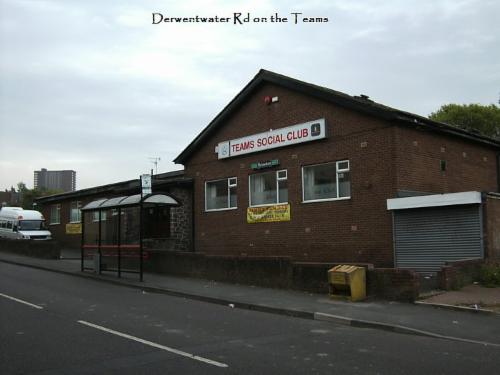
This one opened in 1879, just a bit further along the road from this latest one
Until 2004 North East clubs ran a brewery at which brewed ales and lagers under the Federation brand. The brewery and brands were sold to Scottish & Newcastle Breweries for £16.2 million, although CIU clubs still receive discounted beer. These discounts are passed on to members.
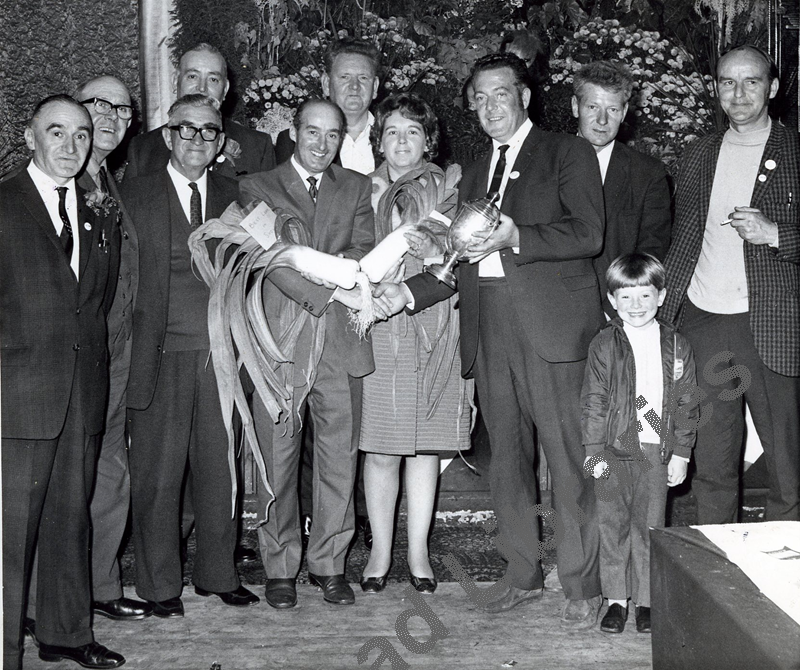
Growing prize leeks competitions were a feature of most working men's clubs
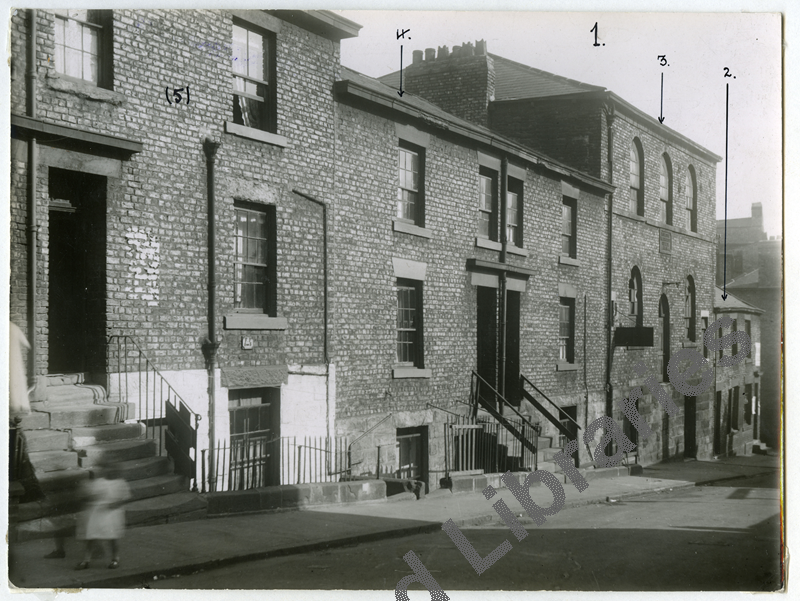
6-16, Nelson Street Reference No: GL005188
This Street
ran west off the High Street
parallel to Swinburn Street.
Situated at 10 Nelson Street was St Mary's Working Men's Club, one of
the most popular clubs in Gateshead.
Demolished c 1939
The working men's club movement began in the 1860's in London. Many of
the early clubs were temperance clubs and the main objects of the club
were mental and moral improvement, free from alcohol.
From the 1870's when club members could buy drinks, the movement spread
rapidly and a number of the clubs were formed in Gateshead.
Between 1900 - 1914 at least 17 clubs were formed. Some are still in
existence today but many were short lived,
having their licence revoked for repeated drunkenness!
A working men's club is a non-profit organisation run by members through a committee, usually elected annually. Each club has rules that tend to be vigorously enforced. The committee will discipline members (common punishments being a warning, or a ban for a period) for violations. Despite the name, women are allowed to be members in many clubs, and virtually all clubs allow entry to women. Non-members are not allowed entry unless signed in by a member.
Most clubs affiliate to the CIU . The CIU is affiliated to the Committee of Registered Clubs Associations. A member of one affiliated club is entitled to use the facilities of other clubs. There are 2,200 affiliated working men's clubs in the UK.
If your appetite has been whetted for the history of Gateshead Clubs get this book
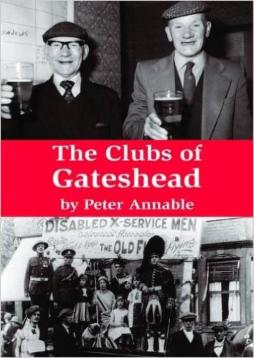
by Peter Annable
The Working Men's Clubs of Gateshead photos and info brought to you by
The Felling Heritage Group
